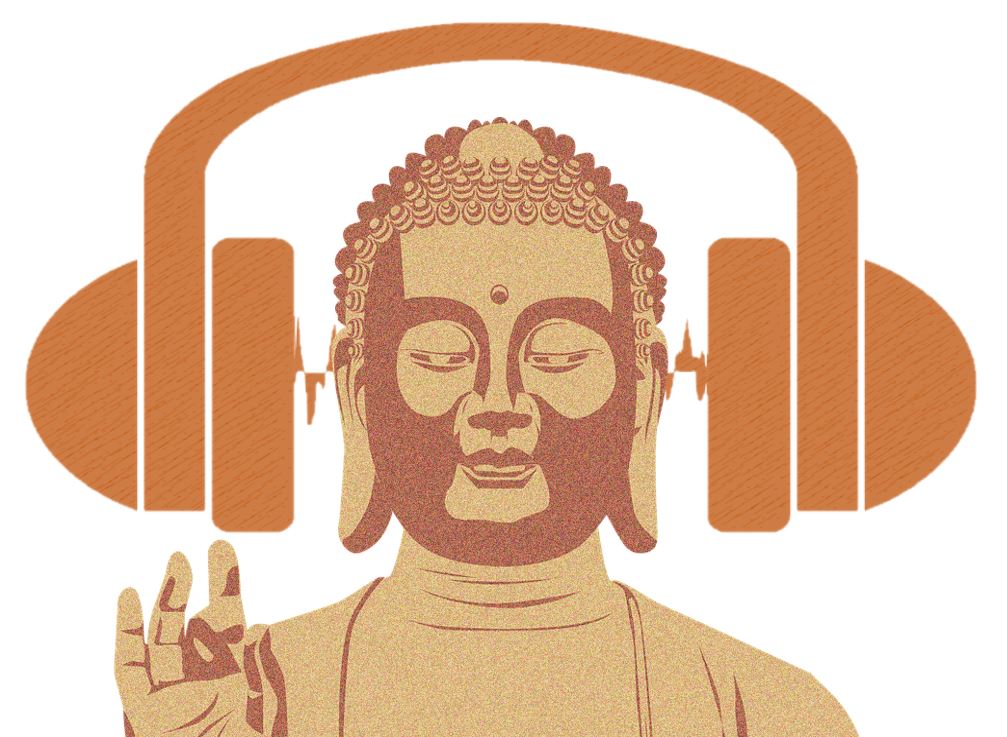
How pleasant and unpleasant feelings (Vedanā) shape experience – Converging views from neuroscience and early Buddhism.
The five aggregates (skandhas) together encompass all aspects of experience. Vedanā is one of the aggregates and is often defined as the feeling tone of experience ranging along a continuum from pleasant, through neutral, to unpleasant. The Buddha attributed great importance to mindfulness and clear comprehension of Vedanā. It is the focus of the second establishment of mindfulness in the Satipaṭṭhāna Sutta. We will discuss the nature of Vedanā and its relationship with the other aggregates using language and perspectives from both early Buddhism and modern neuroscience.
